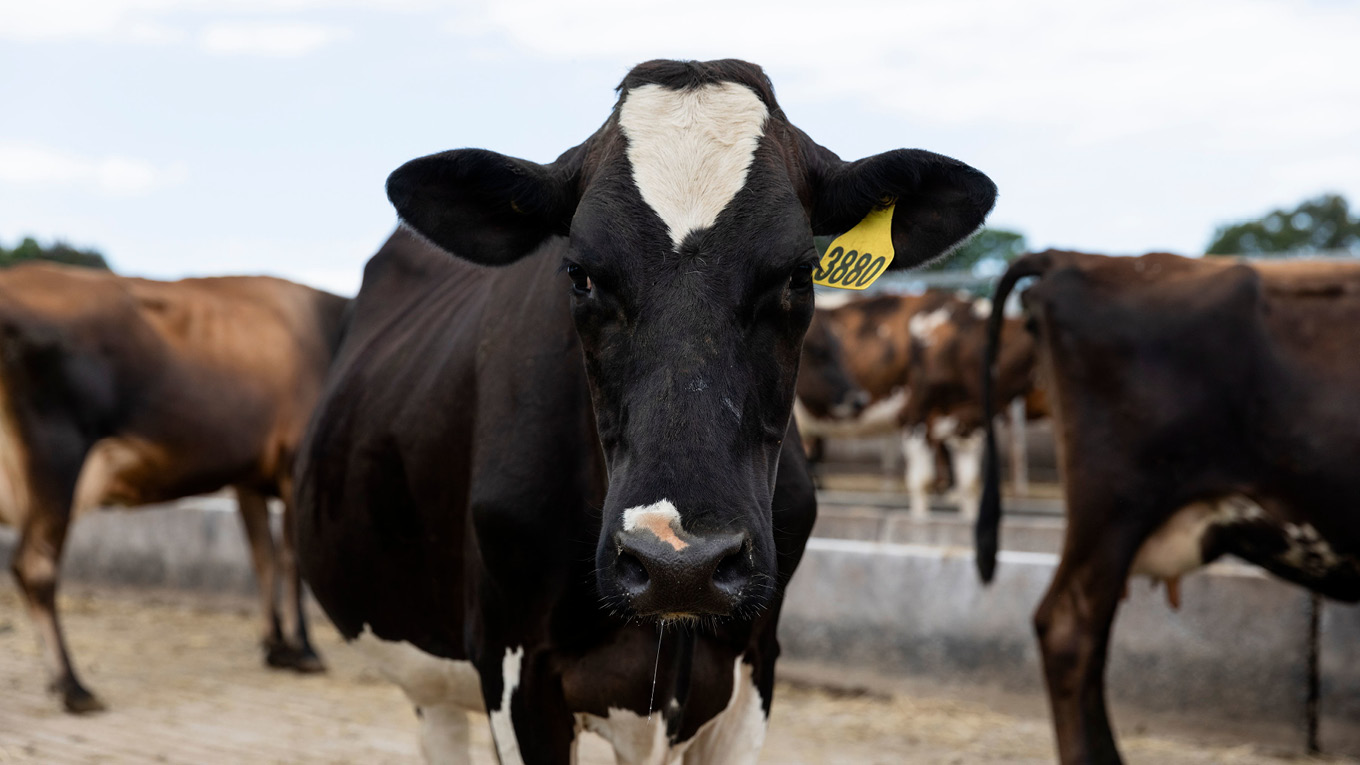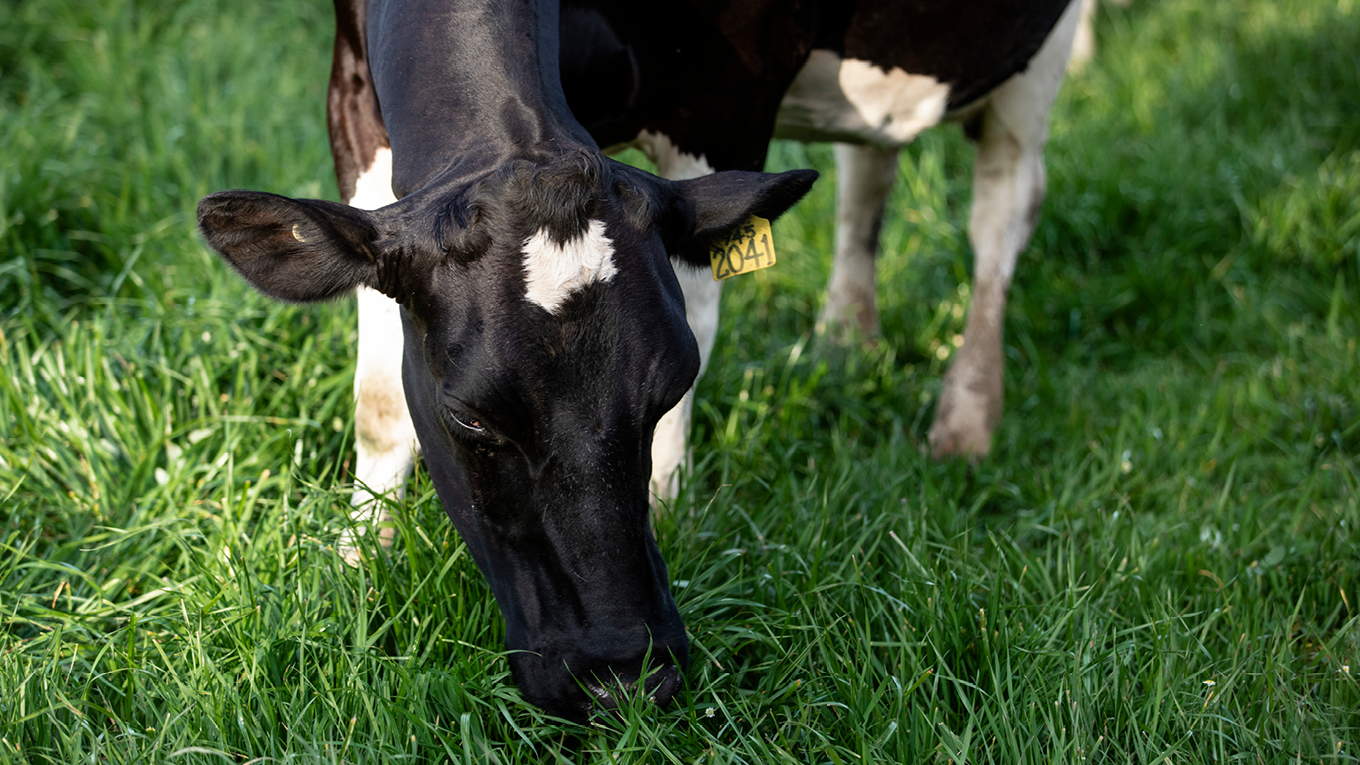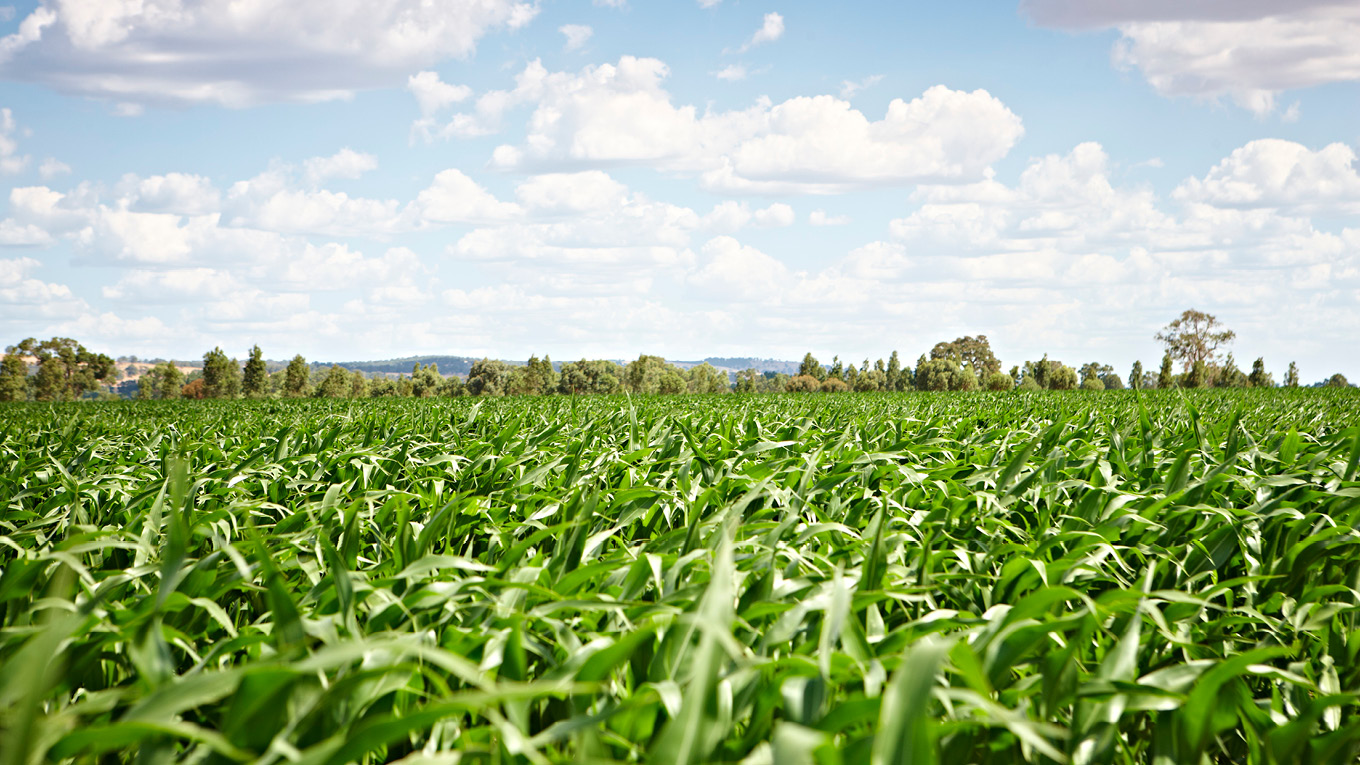Fall Armyworm
Fall armyworm (FAW) is a key emerging pest in Australian cropping and dependent industries such as dairy. FAW is reported to feed on over 350 host plants and can cause significant damage to maize, sweetcorn, sorghum and C4 pastures.
As of early 2021, FAW has caused significant damage to maize crops in Northern regions of Australia, particularly in Queensland. The situation is constantly evolving but farmers have reported significant damage by FAW in crops of maize sown later in the season. Earlier and mid-season sown crops are also being affected by FAW but the damage is reportedly less severe. Some farmers have been able to limit the damage by spraying the crops before they have reached the tassel stage of growth. There are minimal reports of FAW infestations in species other than maize.
If FAW is detected on a maize crop, it is important to speak to an agronomist for advice on the best control strategy.
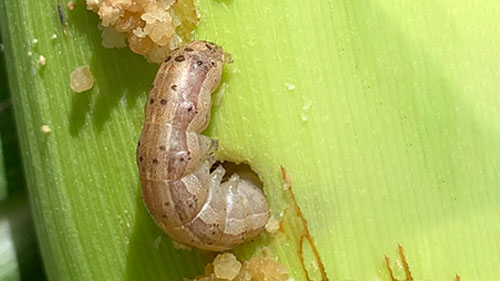
When was it found, and where in Australia is it heading?
It was first reported in Australia in February 2020 and quickly became established across parts of Northern Australia’s tropical and sub-tropical regions, including northern Queensland, Northern Territory, and northern parts of Western Australia.
As of early 2021 FAW has been detected as far south as the Bega region of NSW and the Orbost region of East Gippsland. However the most severe infestations and impacts on maize crops have been observed in Queensland.
Fall armyworm may travel to southerly regions when seasonal conditions permit during the warmer months and produce multiple generations (potentially causing damage to crops for extended periods) but is unlikely to be able to maintain year-round populations in more southerly regions.
What do you need to know?
It is present all year round in warmer areas and is a migratory pest in cooler areas. Fall armyworm can move great distances in a short time, and evidence from the USA has shown it can move rapidly through a crop/pasture once it is established. It has a short life cycle in warmer conditions allowing large numbers to build quickly.
For dairy farms relying on C4 grasses, maize and sorghum for grazing, hay and silage, there is likely to be an ongoing risk and potential impact, particularly in Australia’s warmer regions (Queensland and New South Wales) during the summer months when maize and sorghum crops are grown.
For dairy farms in cooler regions FAW may represent an annual issue in summer as the pest moves in from the north when conditions allow.
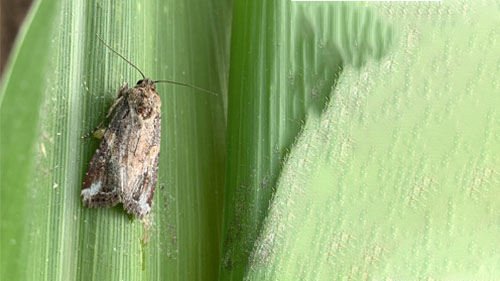
Action plan
Assess your inherent regional risk
Find early detection is critical to ensure effective use of control measure
Identify accurately identify pests by consulting with your local agronomist or crop protection specialist. Local land services in the affected regions have been very active in helping to identify this pest
Thresholds it is essential to have a positive identification of FAW:
For maize, control is warranted if three or more larvae are found per plant, or 20% of whorl stage plants have one or more larvae.
For sorghum, control is warranted when damage results in more than 30% defoliation, or there are one or more larvae per whorl.
Enact spray smart. Timing and coverage are both critical to achieve good control. Inappropriate use on insecticides lead to poor control and insect resistance
Information on this page has been sourced from Fall Armyworm Continuity Plan for the Australian Grains Industry, Version 1 (November 2020), Plant Health Australia
More information
Further information on FAW can be found at the Grains Research and Development Corporation website, or from the Plant Health Australia website.
There is information available for different states on Fall armyworm:
- Queensland - business.qld.gov.au
- New South Wales - dpi.nsw.gov.au
- Victoria - agriculture.vic.gov.au
- South Australia - pir.sa.gov.au
- Western Australia - agric.wa.gov.au
The following research and development organisations also have key information on FAW:
